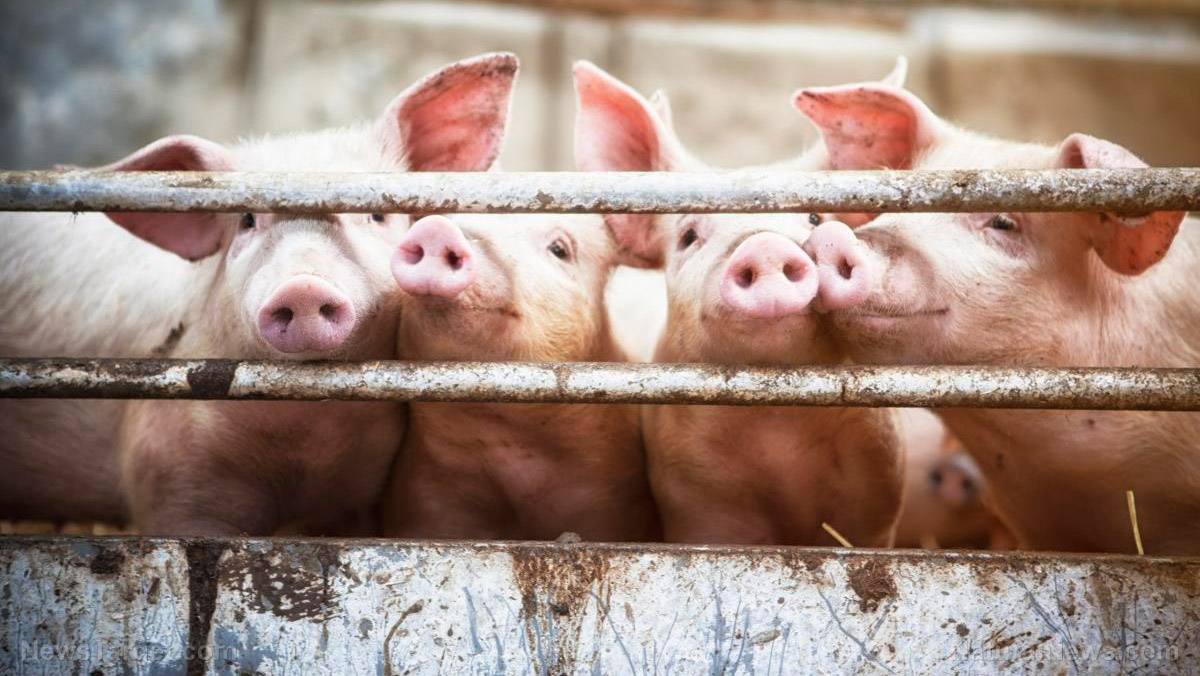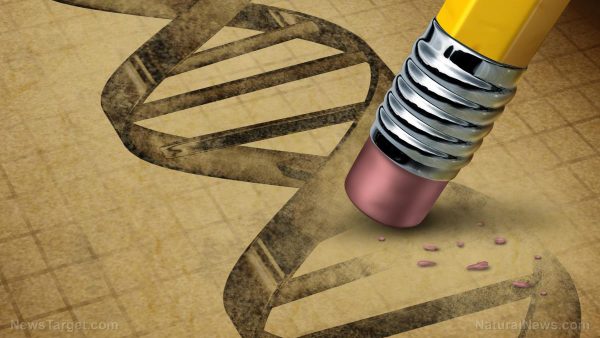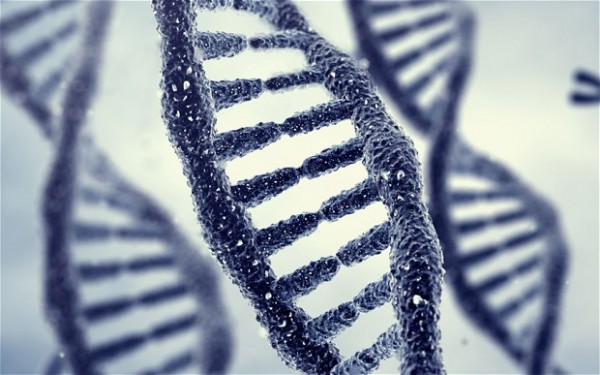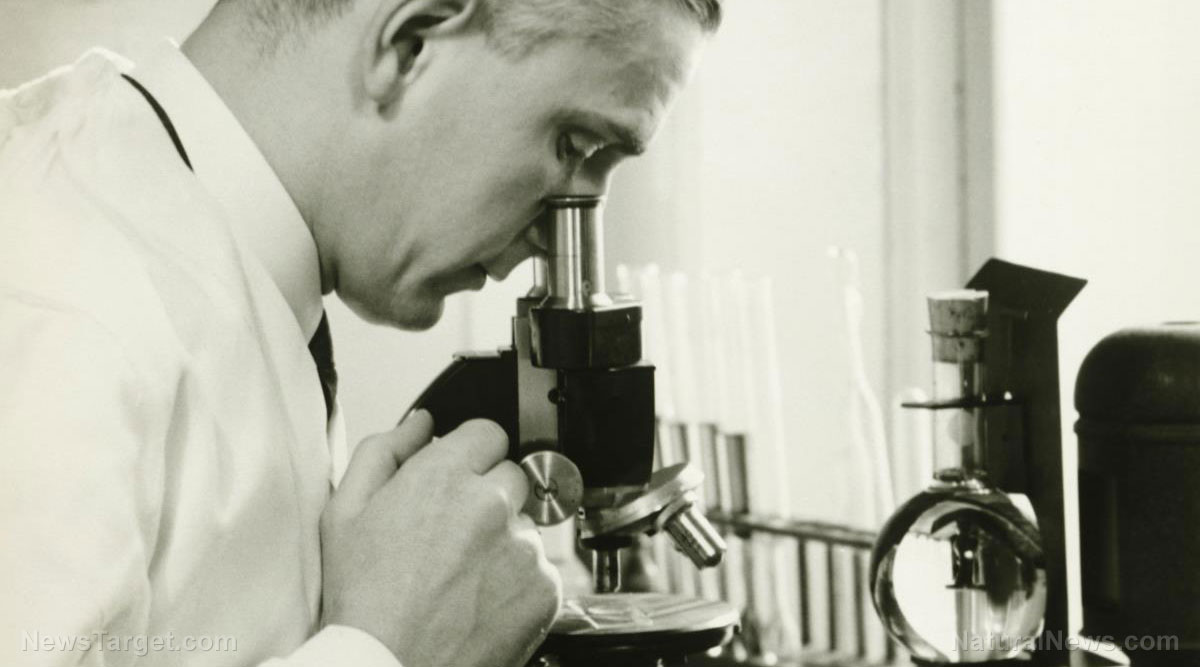HORROR FARMS: Genetically altered pigs to be grown and harvested for human organ transplants
08/11/2017 / By Isabelle Z.

Harvard geneticist Dr. George Church has announced that the first organ transplants from pigs to humans could take place in just two years, after scientists found a way to combine gene editing and cloning to overcome some of the longstanding obstacles to pig organ transplants in an act that takes going against nature to new heights.
In the 1990s, scientists explored using pig organs for human transplants, but they discovered that pig DNA contained hidden genes for viruses that are similar to those that cause leukemia in monkeys. When they grew pig cells alongside human embryonic kidney cells in lab tests, the viruses spread to human cells. Once they were infected with these retroviruses, the human cells could then infect other human cells with them.
The prospect of infecting people with these unusual retroviruses initially put researchers off, but now some have started looking into the idea once again with the help of new techniques. Dr. Church and his team have used the gene-editing technology CRISPR to remove viral DNA from the genomes of pigs. They then cloned the edited cells, bringing each cell back to its earliest stage of development and placing it inside an egg, where it was given the genetic material needed to develop into an embryo.
High death rate
After being implanted into pigs, the resultant embryos grew into piglets who were identical genetically to the one that supplied the initial cell. Most of these embryos and fetuses died before they were born, and some of the piglets died shortly after birth. The scientists now have just 15 living piglets out of the original 37, the oldest of which is just four months old, yet they consider it positive that none have retroviruses. These black-and-white piglets will grow to be no bigger than 150 pounds, making their organs the ideal size for human transplants. The pigs are being kept in China.
The researchers boasted that the surviving pigs are “the most genetically modified [animals] in terms of the number of modifications.”
Dr. Church’s company, eGenesis, plans to sell genetically altered pig organs, and their ultimate goal is to engineer pigs that have organs that are so compatible with humans that recipients won’t even need anti-rejection drugs. Other experts believe this is too ambitious, although strides have been made in recent years when it comes to the organ rejection issue.
Human bodies are not built to operate with pig organs
Pigs have long been explored as a potential source of organ transplants, but there have been several major obstacles that have prevented such efforts from being successful, besides the retrovirus problem. A pig is not a human, and it would be foolish to think it would be easy to simply take out its heart and place it inside a different species. Yet that is exactly what happened when scientists first got the idea to place a pig’s heart inside a baboon in the early 1980s. The baboon died within mere minutes, and the researchers then learned that the pig’s organs are covered with a type of carbohydrate molecule that makes human antibodies immediately destroy it. Oops!
As a matter of fact, pig organs spur a destructive and massive immune response in humans that is even greater than that seen when organs are transplanted from other humans. Now, researchers from the University of Alabama at Birmingham are using cloning and gene editing to manufacture pigs that do not have these carbohydrates on their organs’ surfaces. They’ve successfully transplanted both kidneys and hearts from the pigs to baboons as well as monkeys, and they consider it a victory that the primates have survived more than a year without any major problems.
In addition, they have taken insulin-producing islet cells from pigs and given them to diabetic monkeys, who then managed to live for a year without the need for insulin. They have now built a farm to keep these gene-edited pigs and experiment further. One can only imagine what you might find at this farm, where some of the Frankenpigs are subjected to experiments, and others will be raised just to be killed so their organs can be harvested. (Related: If you are concerned about animal welfare be sure to visit Environ.news)
Other questions remain, such as whether the pigs’ organs could eventually be genetically enhanced to give them superpowers like superior lung capacity for swimming, for example, and then placed in humans. It sounds like that is coming next, if Church’s comments are anything to go by.
He said, “We not only can but should enhance pig organs, even if we’re opposed to enhancing human beings … They will go through safety and efficacy testing, but part of efficacy is making sure they’re robust and maybe they have to be as robust as Michael Phelps in order to do the job.”
What else will this lead to? Where are the long-term studies on the impact of gene editing? Can a person live the rest of their life with an organ from an animal who is only built to live for around 10 years? What other pathogens could come into play? After all, most major health epidemics begin with an animal pathogen jumping to humans. Infectious disease specialist Peter Collignon said, “If you want to do the perfect experiment for finding new novel viruses and letting them multiply, this is it.”
Sources include:
Tagged Under: Animal abuse, CRISPR, eGenesis, gene editing, genetic engineering, medical ethics, organ farms, organ harvesting, organ transplants, pig heart, pig organs, pig retroviruses


















